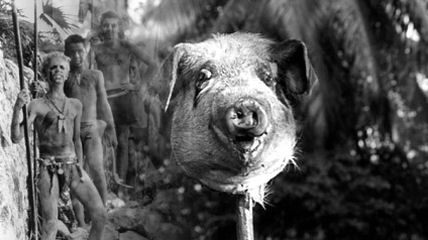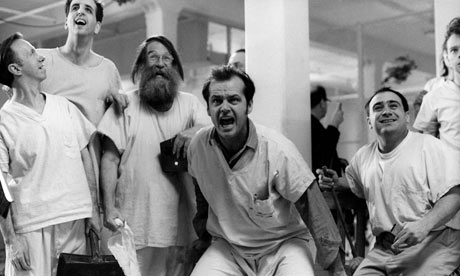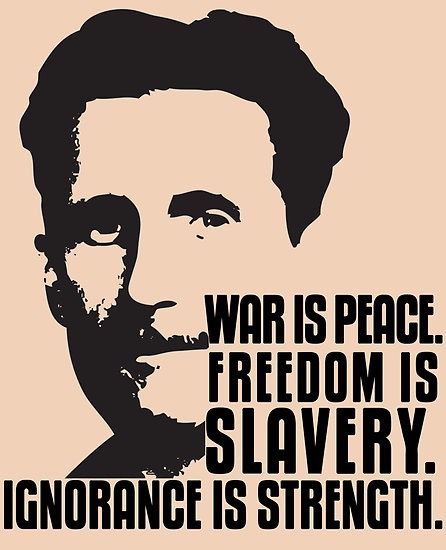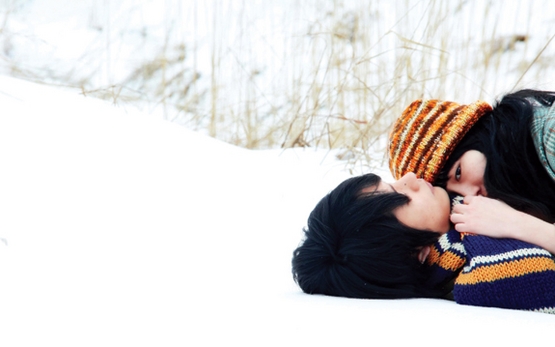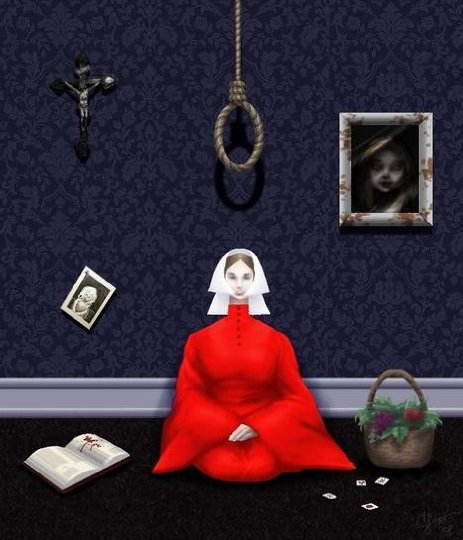
Although I often go from books to movies, I cannot remember having gone from movies to books. There are always these people who say that in the books, the story was a lot different and the movies cannot possibly depict what they have read, however, for me it is more of a spoiler thing that when I already know what has happened from a movie, I do not feel so intrigued to actually go through a slow version of finding out as well.
This book, however, I saw 3 out of 10 series of first, before reading it, and the reason for reading was the weekly wait to find out what will happen. Really hate it when they release one episode at a time.. So I just started reading, and found that they have changed quite a bit in the series, as expected.. And there are weird hidden layers in the series that never happened in the book, so I am just wondering how would they play it out until the end.
It was, as I anticipated, boring to read the parts I already knew from the series, but otherwise I loved the story. I have had quite a break from reading like crazy in the beginning of the year, so although the book was short, it was really enjoyable and inspired me to explore more of the author’s work. I think it is also very much ahead of its time, and especially in the light of Trump being the president, and the conservative methods and views brought to the light so openly again.
The book could have easily been written today about the future, and it could have not been any more relevant than it is now, written already more than 50 years ago. The parts that I specifically enjoyed were the sort of silent monologues the protagonist was having, thinking to herself or talking about and analysing the situation in the society and the human nature. At times I almost felt these thoughts were genius and I would have loved to quote them somewhere because they felt extremely relevant.
What I did not understand so much was the protagonist’s need to apologise in advance for what she was about to say because I did not find her life choices bad at all given her circumstances.
For example, falling in love with Nick, the car driver, and having sex with him which she felt ashamed of only seemed like a natural course of action to me.. At times she would also say something like “I do not want to write about this part” or something similar, and the writing style would become jumpy, thoughtful, filled with spaces and the reader was left to put together their own story. I think the series or a film is not really conveying these thoughts through at all, and all the pieces are given. For example, the series starts with the scene where the protagonist and her husband Luke and their child escape after crashing the car, and the child is taken away and Luke is shot. In the book, how this all happened is explained in pieces at different times.. The way the situation escalated to all this, and the actual how in the end is not described that well. It seems to be a painful part to remember.
Although the series shows some of the glimpses from the past and the escalation of events, there are still some questionmarks. For example, it is emphasised in the book how this situation became almost necessary because of the violence from men, and that now women are protected. But men are somehow still in power? Actually, it is hard to say who is actually in power because everyone is watched and there is some sort of a cult or a movement or region that controls it all.
The theme of loss and dealing with it is also a very strong notion in the book. What keeps the protagonist alive and not killing herself apart from the fact that it is made as hard as possible? She mentions plenty of times the ways to kill herself.. She finds out how her predecessor did it, and she also seems to have more and more liberty to find opporunities how. She keeps thinking about the important people in her life and clings to them, doing it for them. For example, the strongest figure of resistment for her is her friend Moira. She has no idea what happened to her but she hopes she is alive and fighting for her freedom somewhere. She even hopes her husband Luke is alive somewhere. In fact, she creates three different potential scenarios for where Luke is, and hopes that either he is not in pain and was killed quickly, or that he is still somewhere, beaten up but alive. When she gets offered a chance to see a picture of her daughter who is alive but moved on with her life, she gets worse because she realises that life goes on for the daughter and she might not even remember her mother.
She does the clinging to lost people while she does not have anything in her real life, but as things get more interesting with the intrigues between the Commander, the Wife and both of their games’ middleman Nick, she almost forgets and pushes those lost people to the back. Except for with Nick, with whom she feels like she betrays her probably dead husband. She doesn’t feel that with the ceremony but if it is out of her free will, she does.
Fulfilling her physical needs, she forgets about fighting for the bigger cause. She forgets the Handmaid she is walking in pairs with, the representative of the resentment who is trying to involve her, and wants her to get information for the resentment. She is not interested in helping, she is too involved with her personal pleasure and meddling in the household.
There are some parts that make me really curious about why they decided to do the series in a way that would not match at all with the book. The part is about the fellow Handmaid from resentment or “MayDay”. In the series, that person is shown to be removed for being gay, but it is not entirely clear if she actually gets killed. We see that her wife gets hanged, but she is driven away in a car. Where? In the book, she apparently hangs herself in the end because the Eyes would have found out about the resentment, or this is what the new replacement says. This brings a question of trust in the book – how do we know that this is what actually happened? It’s only the new person’s word and anything else could have been the cause for the sudden disappearance. Also, in the book, there is a ceremony where 3 women get hanged and the Handmaiden’s are allowed to kill a guy who apparently raped a pregnant woman. This scene is quite in the beginning in the series, and women are not hanged and the protagonist is the first to go for killing the man to assumably get rid of some of the anger from finding out her friend Moira is dead (who in the book isn’t!).
In the book, it is her partner, the other handmaiden, who hits the guy the most because they are from the same resistment movement, and she wanted to knock him out to save him from pain.
I’m looking forward to see how they will make sense out of this mess in the series and this has made me wonder, whether I should read all of the books from series that are based on books to understand how the original has been played around it.

